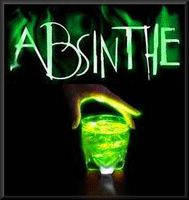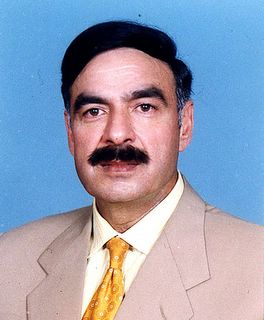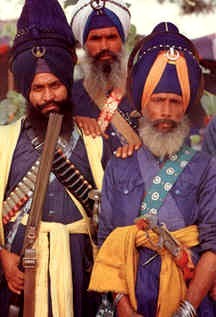If bond had been a Muslim and a desi, he would have been called Qari Bond 00786. He would have married every woman on his mission before shagging her royally and divorced the one before to keep the legal quota at 4. (Well unless he was shiia. Then he could have just done the 2 hour nikah by mutta). Instead of martini he drinks dhoodh Patti, stirred not shaken (obviously its scalding hot stupid). And when he kills, he recites the Quran…hence the name Qari (the one who recites Quran like a professional). His pet taste included a special brand of taclum 'shag me not' sandalwood perfume acquired from the Sufis of Harappa. A very distinct smell and its source closely guarded by Qari Bond.
So this crazy idea starts and bond sahib (neighbors call him ‘bund’ sahib (asshole) behind his back) as of course they are jealous of suave bearded ass hole going on international missions (he crosses the Peshawar afghan border to supply water to Taliban donkeys and horses).
Qari sahib is such a personality from within my family. Whose antics resemble bond but at a pind level. Wearing bifocals and a gold tooth we call him Qari 00786 for his sneaky idiotic ways. You see we are a family of spies. Qari is the uncle of my dad. That would be my granddad. He was so impressed by my first act of informership…he named me muakbari (informer). Those of you reading see Akbar… some wily Hindu called Amar posted my name wrongly. Yes my name is muakbari…
So going back to Qari sahib’s antics. He was the original 007, as his antics started from the innocent place called East Pakistan aka Bangladesh pre circumcision…. (Sorry Anthony…you are the discarded foreskin of Pakistani society).
His first antic was to free insects from the lab of local girl’s college. Yes he was a green peace activist of his time…but there was nothing green to save in East Pakistan at the time (due to heavy floods, hence the insects). He ended up getting sandaled by the girls as they thought he was trying to impress them by climbing over the college wall.
Qari’s partner in jurum (crime) was DDC (doctor dhakkan chaudry). A medical student of disrepute, who ended up getting a degree with a fail stamp on it after 5 years. Another grand dad….my mother’s uncle.
Theses two grand daddies’s caused quiet a stir in the land of the ‘discarded foreskin’. Every body had been castrated by their antics, including the local graveyard. Graves were robbed of dead, ending up being sold at premium to the medical college.
The peak of their activities culminated in the year of circumcision. This time round it was an army Afsar (a deshi log...bound to become a mukti baini gang member after qari’s treachery). Poor guy thought Qari sahib being a shareef insaan and a dutiful citizen, lent him his army bike for an apparent emergency. Those classic army bikes from the 60s…..yeah…it ended up in mainland Pakistan three days after the ’71 war.
However three days earlier, all Punjabis scurrying to gather their belongings and hop on the next plane/boat to Pakistan, one Punjabi Qari sahib, riding on the bike singing Talat Mehmood ghazals, makes his first stop before his royal departure to Pakistan. It’s the Afsar’s house….and in it is his sexy wife, waiting to be swept away to Pakistan by a perfumed gold toothed bond. Unable to control his temptation Qari ignores the sirens and the riots, and does what all bonds do with beautiful girls. Meanwhile afsar sahib is busy controlling riots.
On the bus to Pak, going via India…holding a valuable bag from Afsar’s safe in one hand and his busty wife’s waist in the other, life could not have been better for Bond. But fate came into play and two days later was waiting in an Indian prison for illegally crossing border.
Time flew by, and East Pak was now officially operating as Bangladesh thanks to those wily Indians. Eventually Indian hawaldars got tired of Qari’s insults about Indira and their mothers, and the daily daal, so they let him go a year after the war. But his love was lost. Getting no news about her, he arrived in Pak with broken heart.
However, Qari bond did not retire into anonymity, instead had kids through an arranged marriage and managed to settle in the land of the two holy places and eventually retired after losing two kids to the shiia faith and a daughter with epilepsy, residing in Peshawar supplying water to Talibani donkeys but actually smuggling terracotta pottery looted from the Harappa and Mohenjodaro valleys.
Such is the life of our desi bond. Always the oil slicked hair and golden tooth with the shag me not taclum powder smell acquired from the secretive sufis of Harappa. Even the real bond could not match the mojo of desi bond aka the 41st chor.















